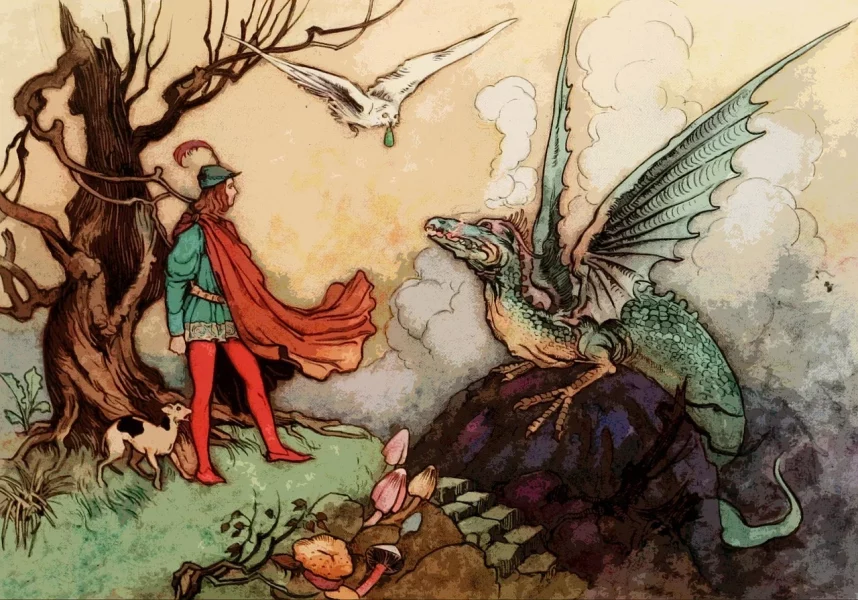Tropes: The Prince Charming

Pollyanna Roberts discusses the Prince Charming trope, from Snow White to Shrek, and how harmful it can be to young people.
Someday my prince will come…Or will he? The concept of the character trope ‘Prince Charming’ is an incredibly interesting one. What defines a charming prince? Of course, there’s the aspect of them having some form of charm, but besides that- and their glorious hair- they seem to be lacking in actual substance. This ambiguous character trope term has been thrown around our fairy tales and film screens for decades. The first cinema appearance of a Prince Charming was in Disney’s 1937 Snow White, where our charming prince kisses an unconscious girl, saving her from her poison apple-induced coma. This is a reoccurring trope in Disney tales, it is also present in the 1959 Sleeping Beauty, where our Prince Charming kisses Aurora to break her free from her never-ending sleep. In the original story, this Prince goes on to rape Aurora’s sleeping body and she only wakes up when she is giving birth to his children. This is, of course, horrific and paints the Prince Charming trope as incredibly toxic and downright unsafe.
Other representations of Prince Charming in cinema illustrate the characters to be airheaded, lacking compassion and even villainous. Here, I am referencing Shrek 2, where we have the character of Prince Charming, a self-righteous, egotistical mummy’s boy who failed to help Fiona and has no consideration for her whatsoever. Instead he just wants a beautiful trophy wife by his side and a crown upon his head. Charming is undeniably gorgeous, as far as an animation can be, but he is under the impression that his looks are enough to justify his ‘charming’ label. However, he is not brave or courageous; he only went to save Fiona so he could become king, as was told to him at a young age. All his reasoning is completely selfish, and he has no substance behind his charming smile. By naming the character Prince Charming, it seems that Shrek is mocking the Prince Charming trope and revealing the truth that audiences have suspected all along: Prince Charming is not so great.
All his reasoning is completely selfish, and he has no substance behind his charming smile.
I was inspired to write this article after reading an essay by Roxane Gay in her book Bad Feminist, in which she tears apart the concept of ‘holding out for a hero’. She illustrates just how fickle and unkind the princes in our Disney stories and fairy tales can be. Honestly, it was eye-opening, and I concluded that I don’t even want a prince to come and ‘save’ me, because they’ll probably not be loyal enough to stay by my side. The concept of ‘Prince Charming’ is rooted in patriarchal ideas, as the prince’s universal goal is to save the damsel in distress. In order for a prince to activate his potential, he needs a frail young lady in need of saving. This paints girls and women in a category where they are weak, cowardly, and powerless – a message that we should not spread to younger ages. As illustrated in Disney animations, these such damsels are predominantly white, thin, and childlike, their naivety seems to be what attracts the men in their lives. They move daintily around a room, their fingers contorted in different manners as they float their arms in fairy-like gesticulation. The lack of inclusivity makes it appear that girls have to look such a way in order to deserve the attention of a charming prince. And we should be thankful that someone so handsome would deign to give us a second glance. No, thank you.
The concept of ‘Prince Charming’ is rooted in patriarchal ideas, as the prince’s universal goal is to save the damsel in distress.
I hate to sound cynical- I’m a hopeless romantic, I really am. I do believe in love, but not a knight in shining armour saving me from my problems, which I will have to face myself. Even if a prince did somehow come to my ‘rescue’, I’m not sure if I’d want him to stick around. He is not going to get the credit for fixing my world. Unlike Bonnie Tyler, I will not be holding out for a hero.


